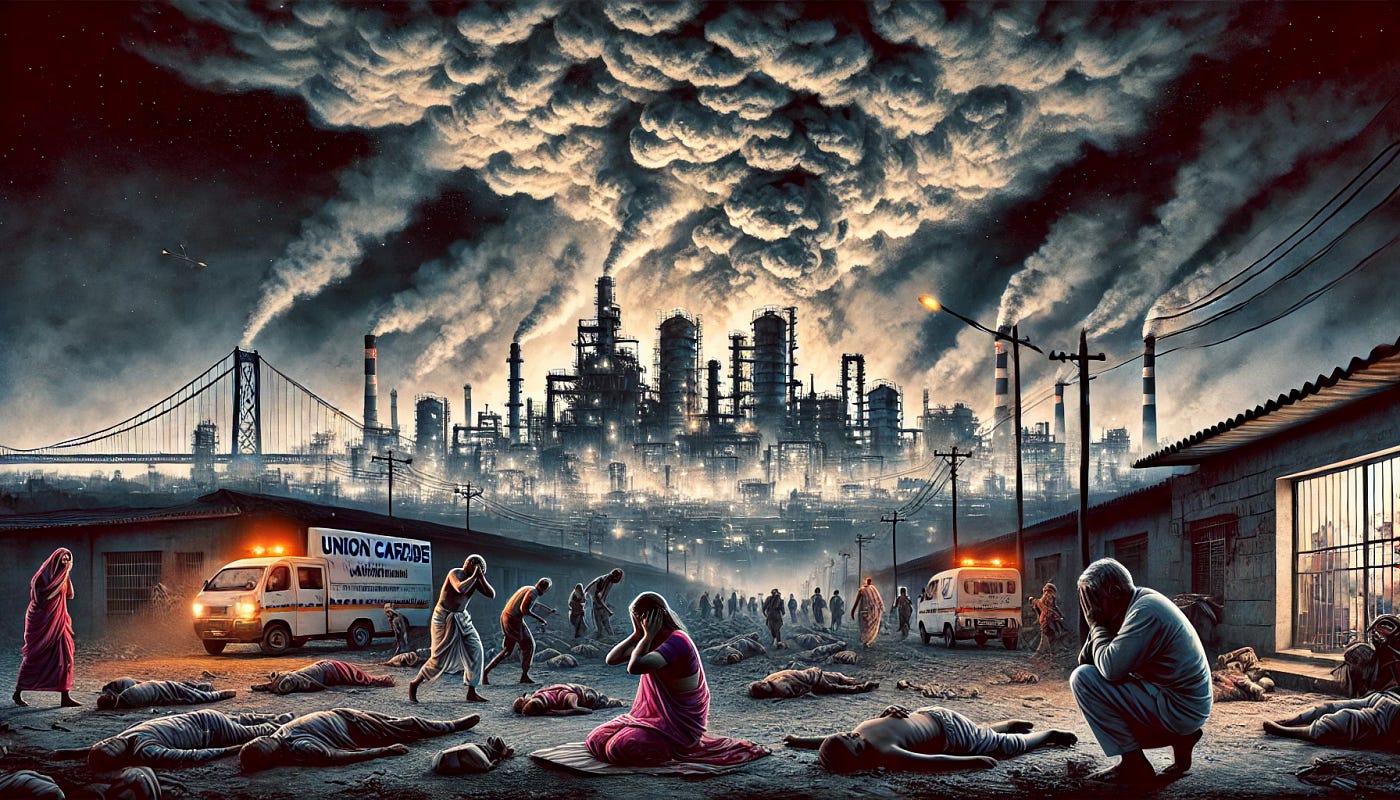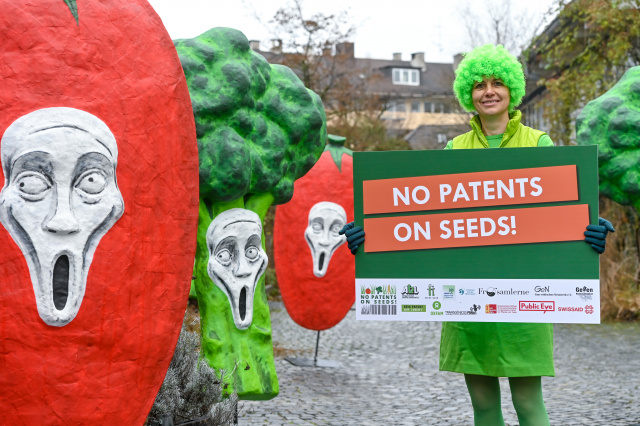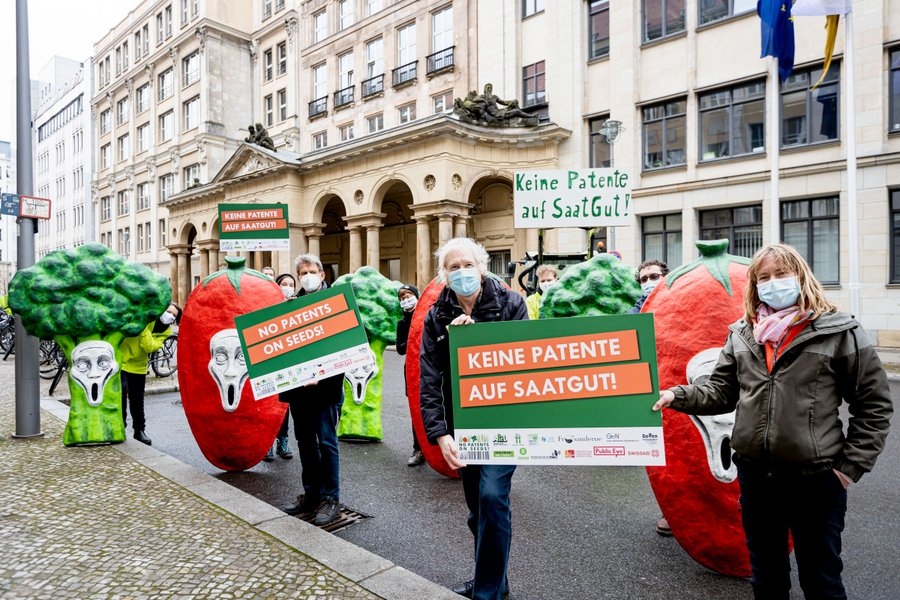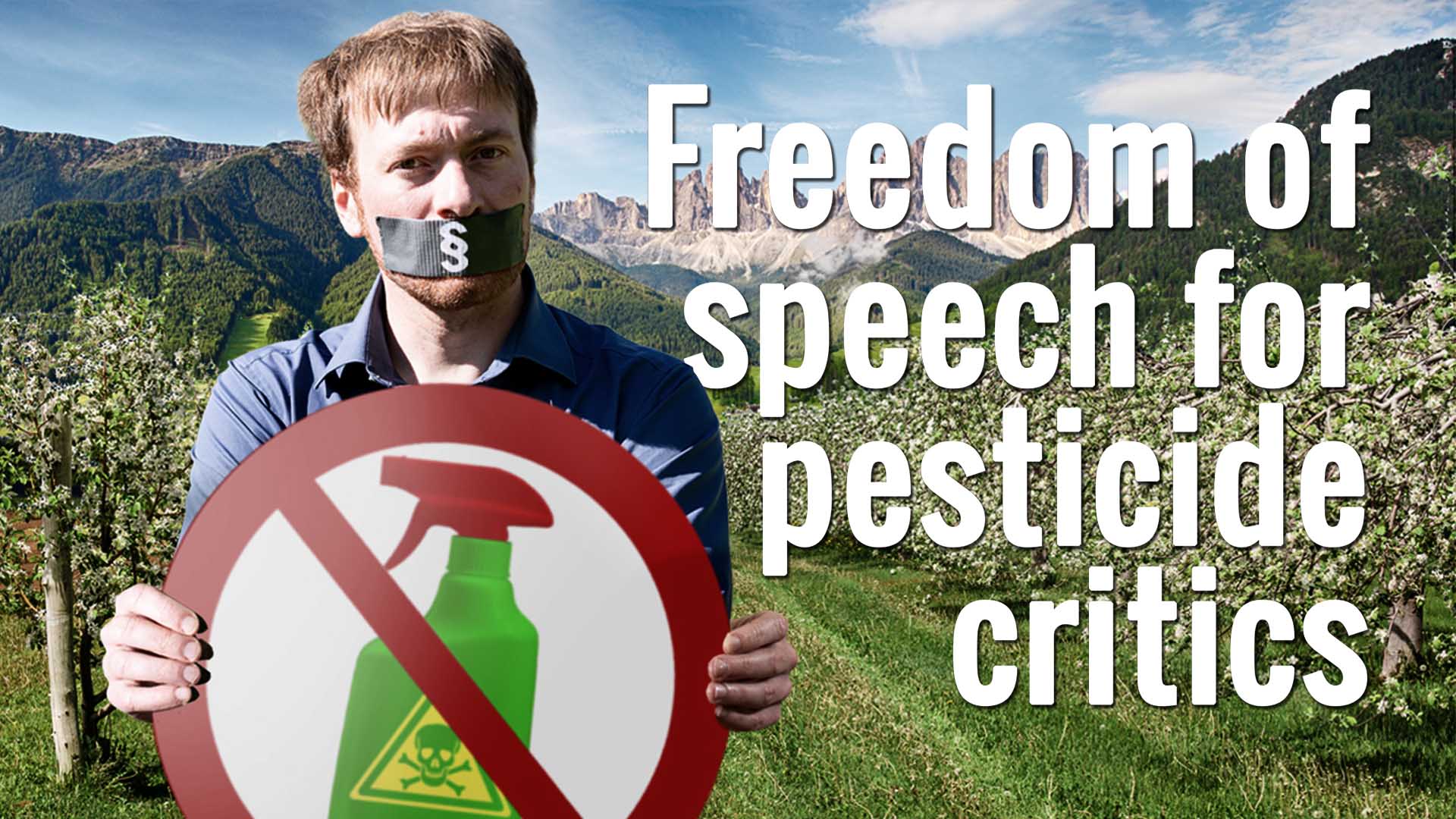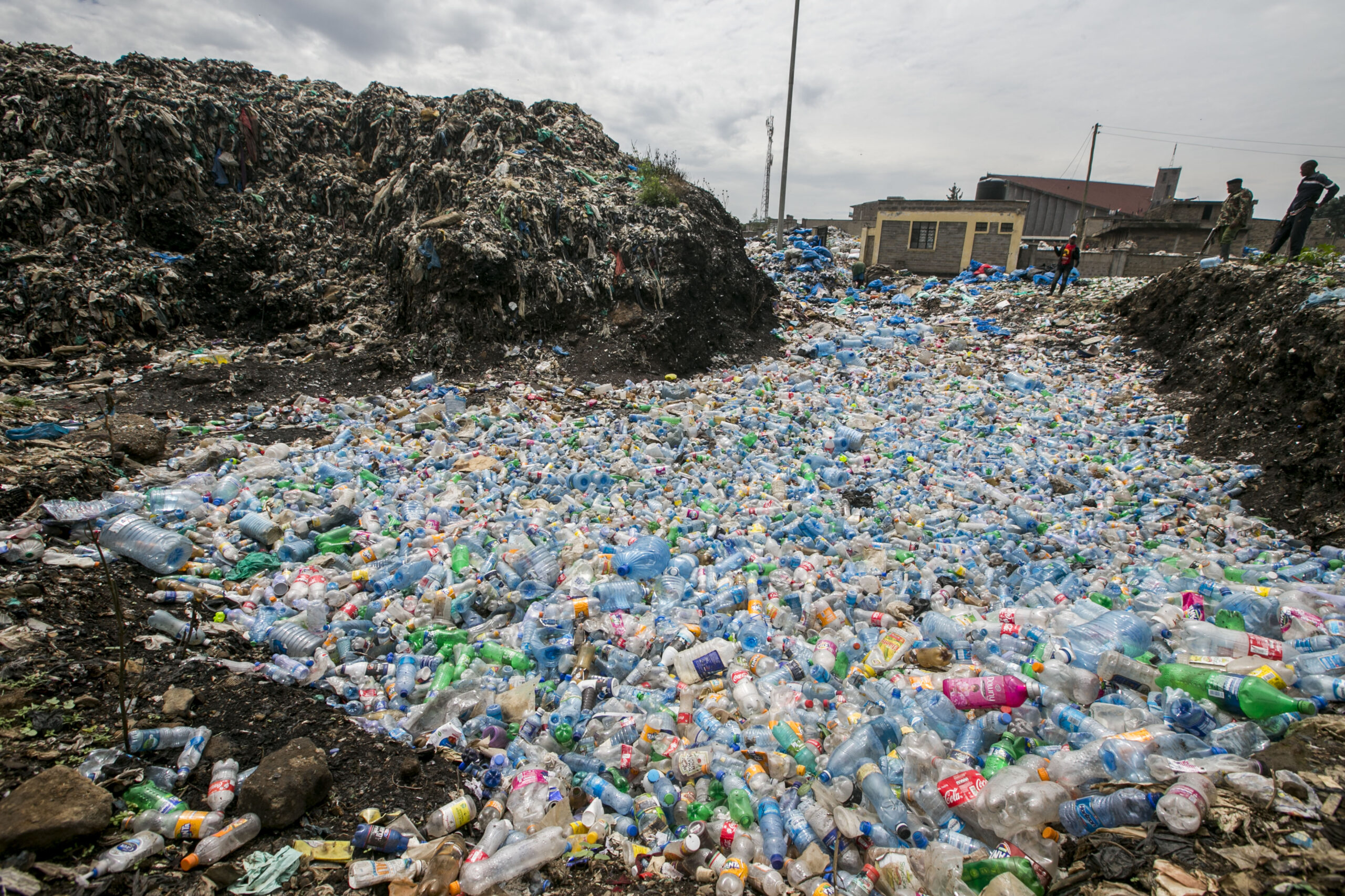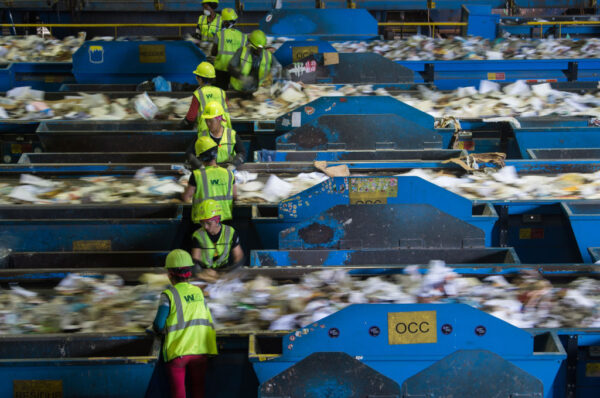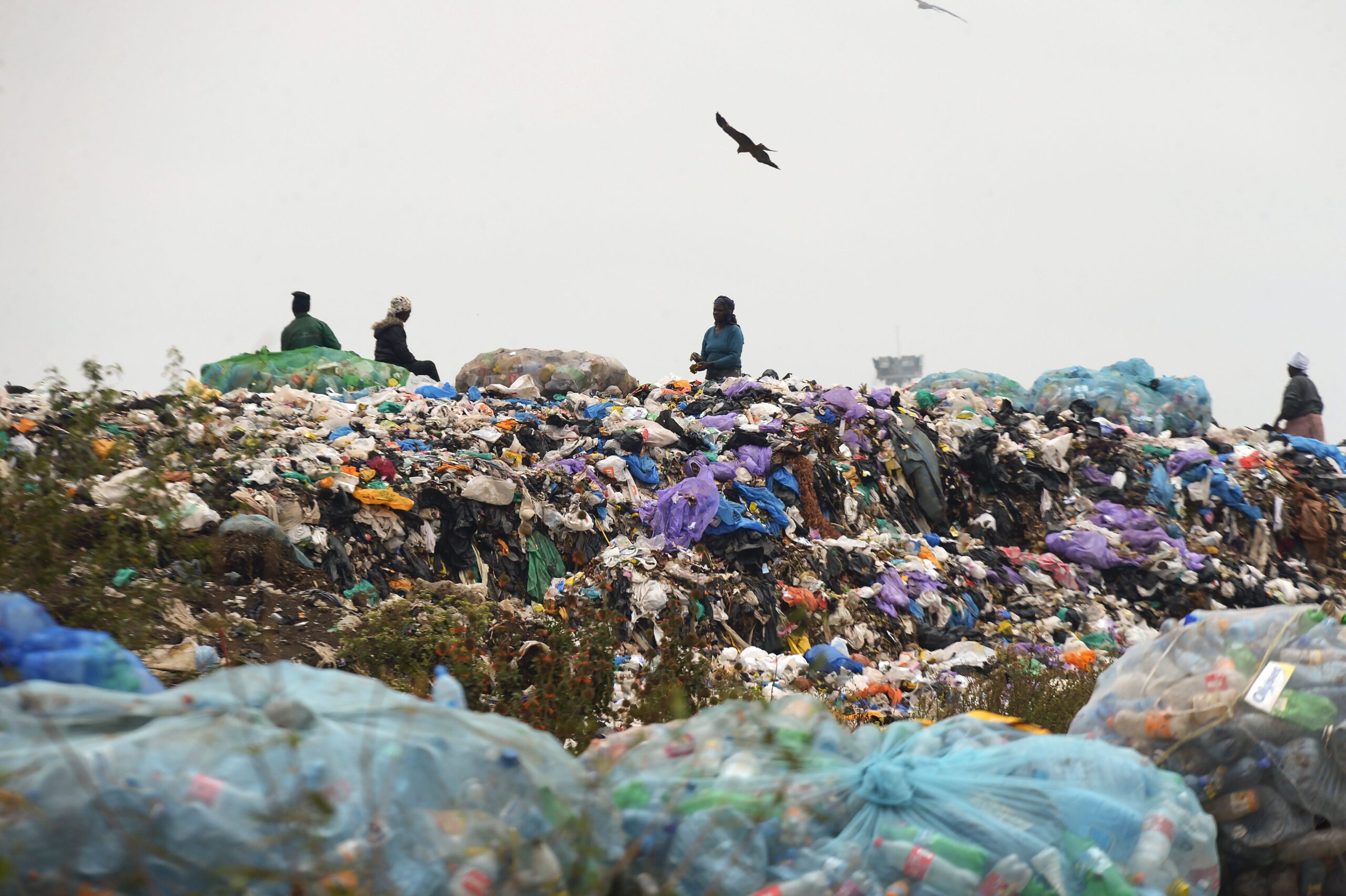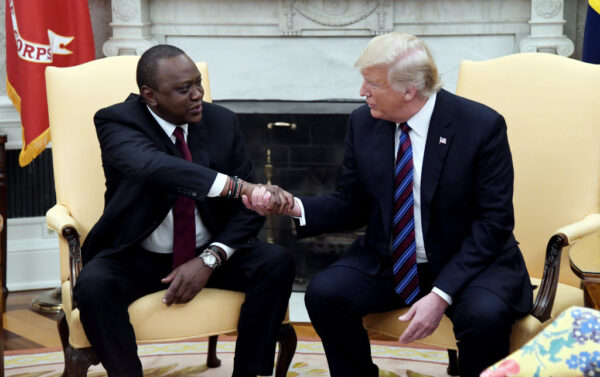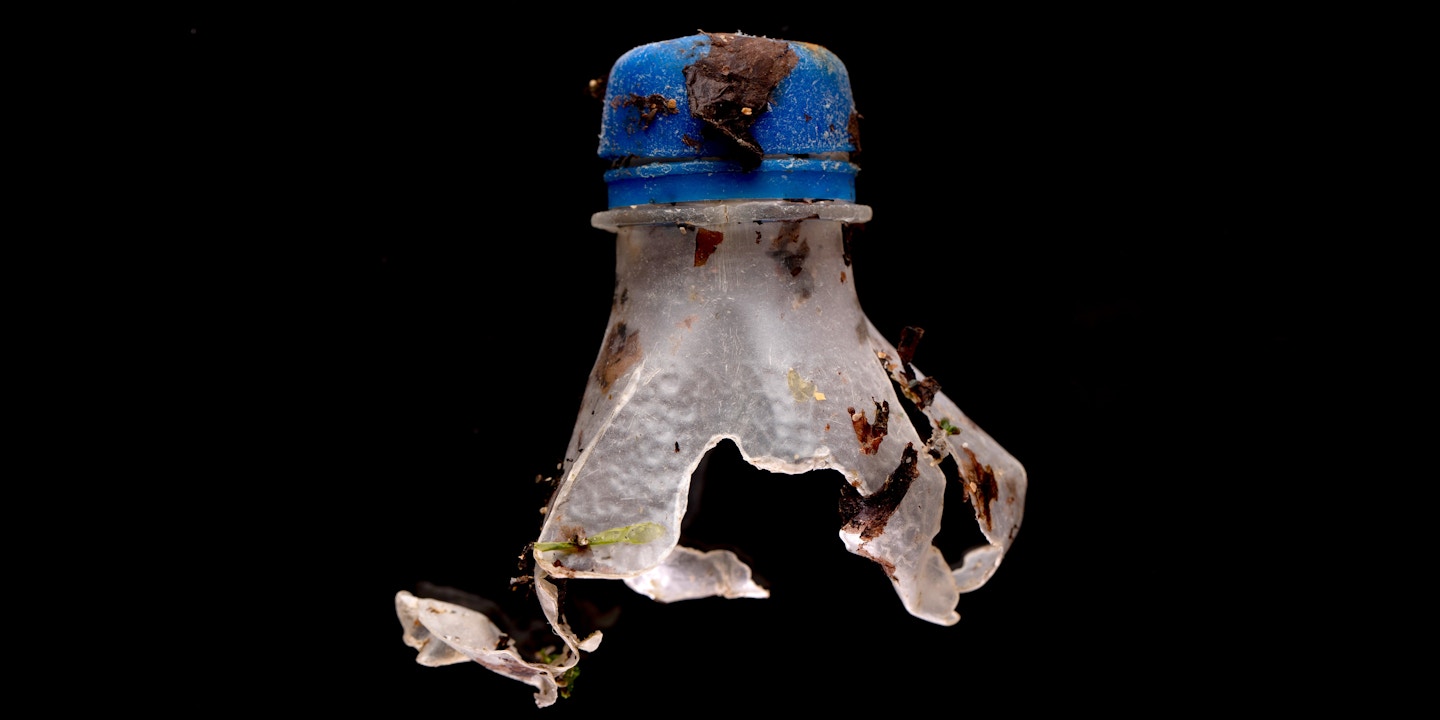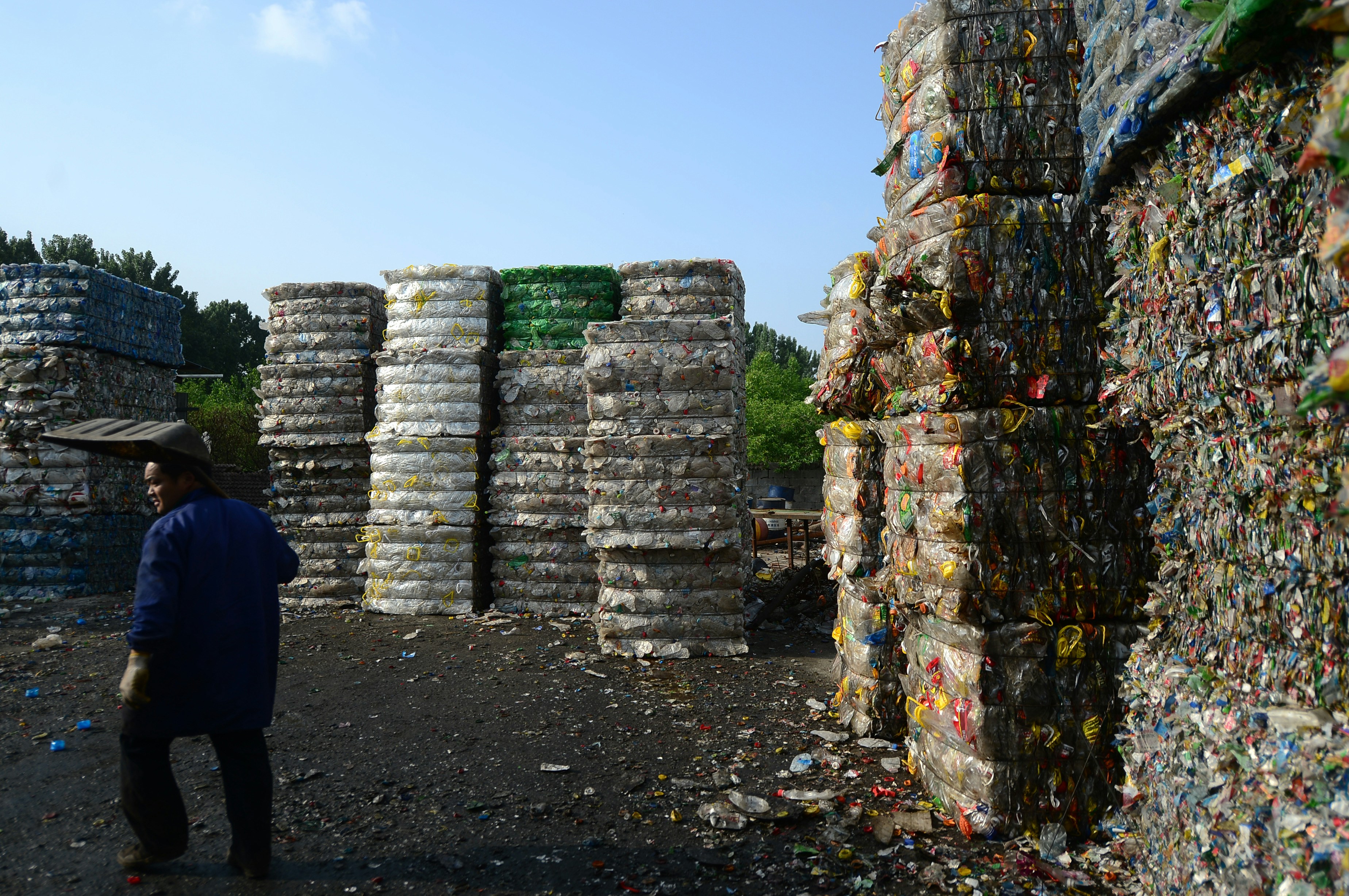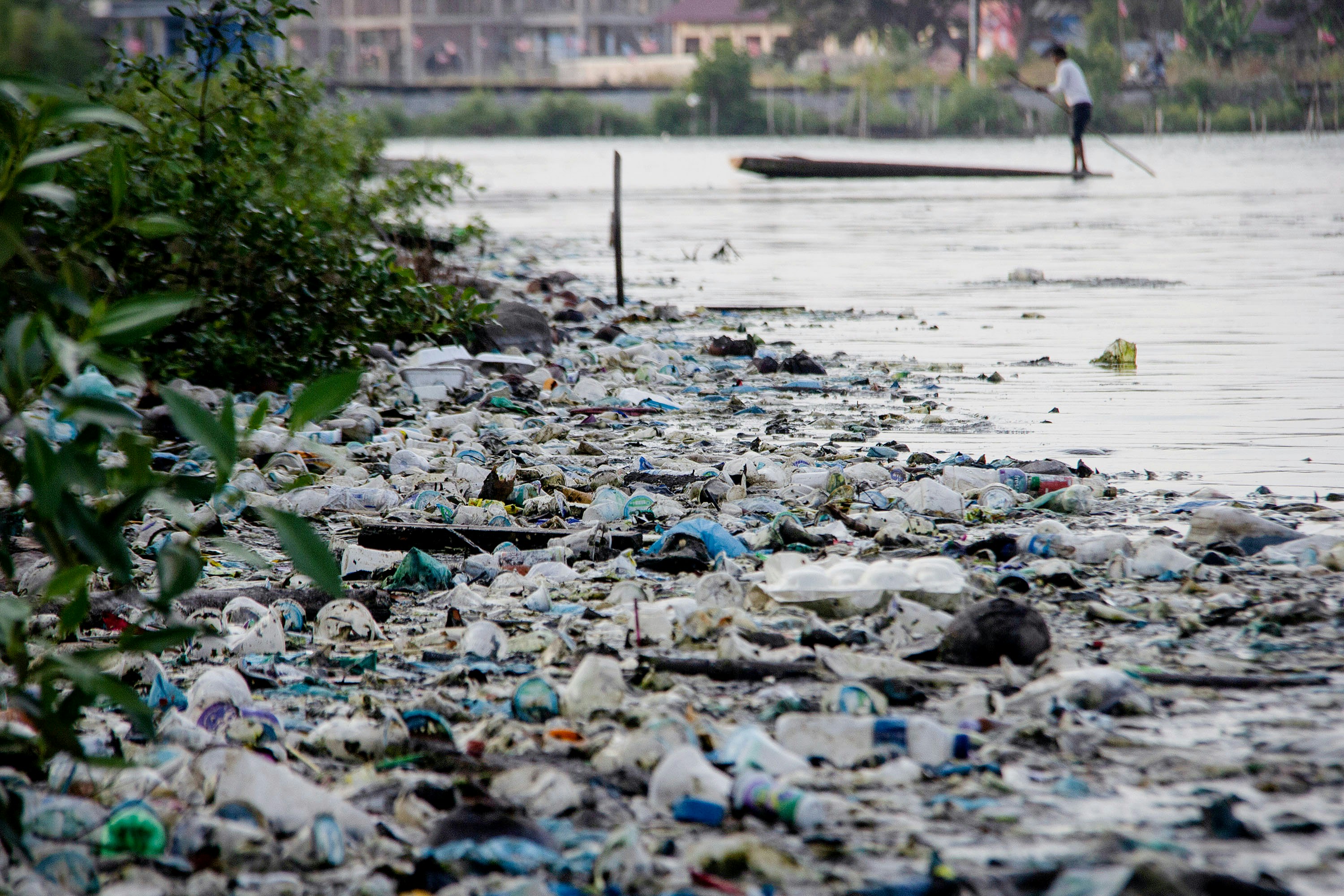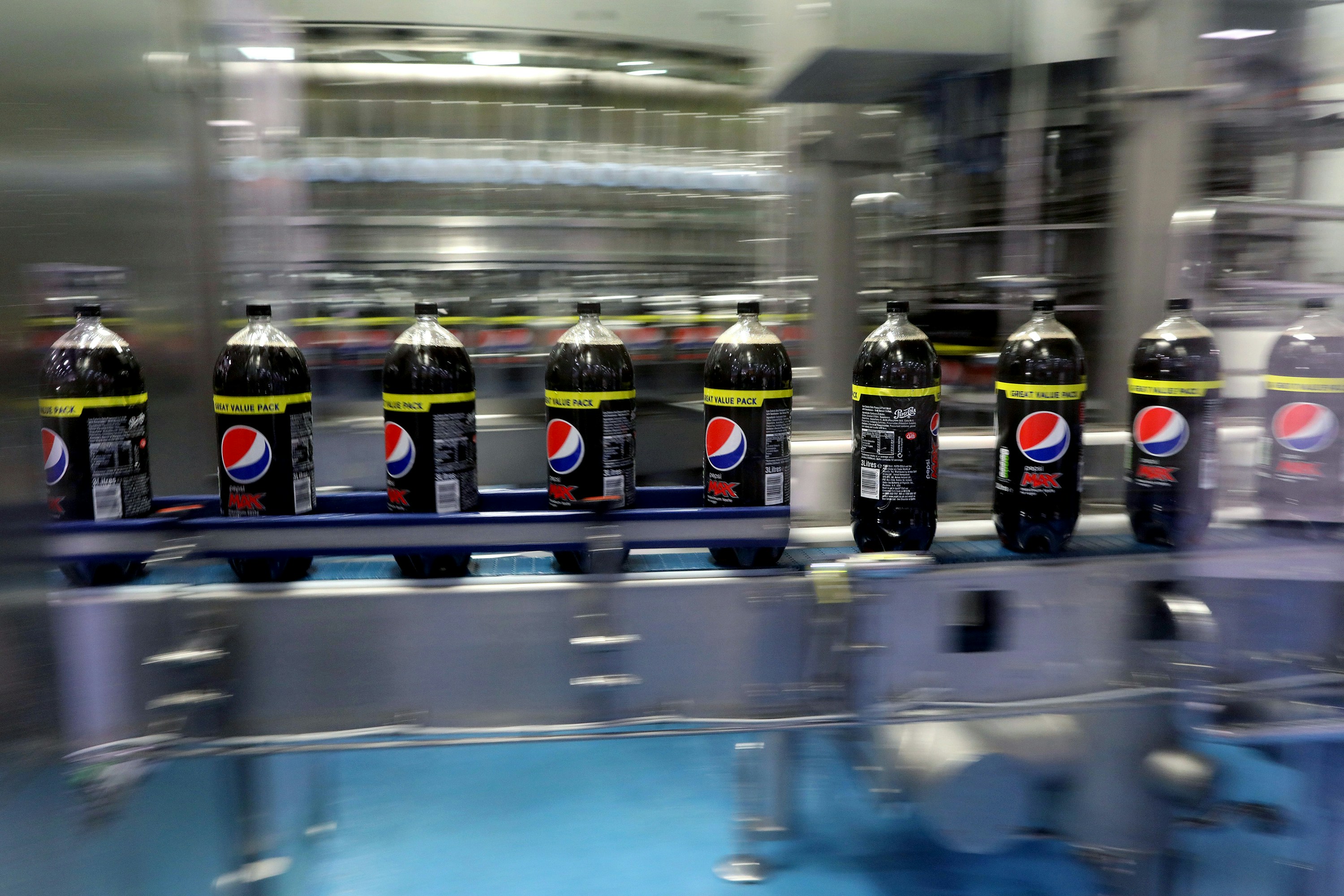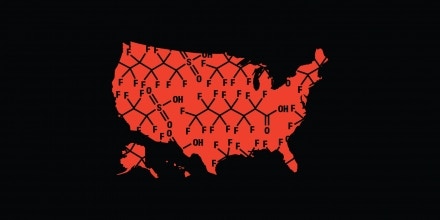(On the top right hand side of this page you can choose for a translation in the language of your choice in Google Translate)
Het is vandaag 40 jaar geleden dat in het Indiase Bhopal een tank ontplofte in de pesticide fabriek van Union Carbide Corporaton (UCC). Het veiligheidsprotocol van de fabriek werkte niet en dat wist de leiding die daarop echter geen actie heeft ondernomen…..Vrijwel onmiddellijk na de ontploffing overleden er rond de 2.000 mensen die in de directe omgeving van de fabriek woonden, in de maanden daarna overleden er nog eens duizenden mensen aan de gevolgen van het inademen van het gevormde gifgas…..
Kinderen komen (nog steeds) met ziekten en misvormingen ter wereld, terwijl het aantal doodgeborenen veel hoger ligt dan in andere delen van India….
Amnesty International (AI), andere mensenrechtenorganisaties en lokale groeperingen berekenden in 2004 dat er op dat moment naar schatting rond de 140.000 mensen waren overleden aan de directe en indirecte gevolgen van die ontploffing. Vreemd genoeg heeft AI het aantal doden naar beneden bijgesteld en niet te misselijk ook (zie het hieronder opgenomen bericht van Amnesty). Echter zoals al vaker op deze plek opgemerkt >> Amnesty laat wel vaker flinke steken vallen en gevreesd moet worden dat de leiding nauwe banden onderhoudt met diverse overheden en machtige industrieën….
De fabriek is nooit gesaneerd wat uiteraard ook geld voor het grondgebied waarop deze giffabriek staat, gevolg: nog steeds komen er zwaar giftige stoffen vrij en komen niet alleen in de bodem terecht, maar vergiftigen soms ook de lucht….
Warren Anderson was de directeur van de UCC giffabriek, hij werd na de ramp in 1984 gearresteerd, maar werd na zware druk van de VS vrijgelaten, waarop hij vluchtte naar de VS. Tot zijn dood in 2014 heeft India er bij de VS op aangedrongen om deze lakse opperploert en massamoordenaar uit te leveren, echter tevergeefs…..
Opperschoft en massamoordenaar Anderson op een archieffoto van Wikipedia
Men heeft de slachtoffers afgescheept met het schandelijk bedrag van $ 500.00….. Dat is blijkbaar een leven waard in de ogen van de VS rechter en overheid……
In 2001 werd UCC overgenomen door Dow Chemical (Dow) voor miljarden, waarbij dit bedrijf elke verantwoordelijkheid voor het gebeuren in Bhopal heeft afgewezen….
Eén van de protesten vanwege de giframp in Bhopal:
Activist Rachna Dhingra eist van Dow een veel hogere schadevergoeding voor de duizenden slachtoffers en nabestaanden, bovendien eist ze van de Indiase overheid dat die de giffabriek en het terrein waarop deze staat saneert, waarna die overheid de schade kan verhalen op Dow…….
(als je de Engelse taal niet beheerst, zet dan de tekst om in Nederlands met behulp van Google translate dat je rechts bovenaan deze pagina ziet staan, klik eerst in het menu op ‘Engels’, waarna je weer kan klikken op die vertaalapp, daarna zie je bovenaan in het menu ‘Nederlands’ staan >> klik daarop en de hele tekst staat vervolgens in het Nederlands, de vertaling is van een redelijk goede kwaliteit.)
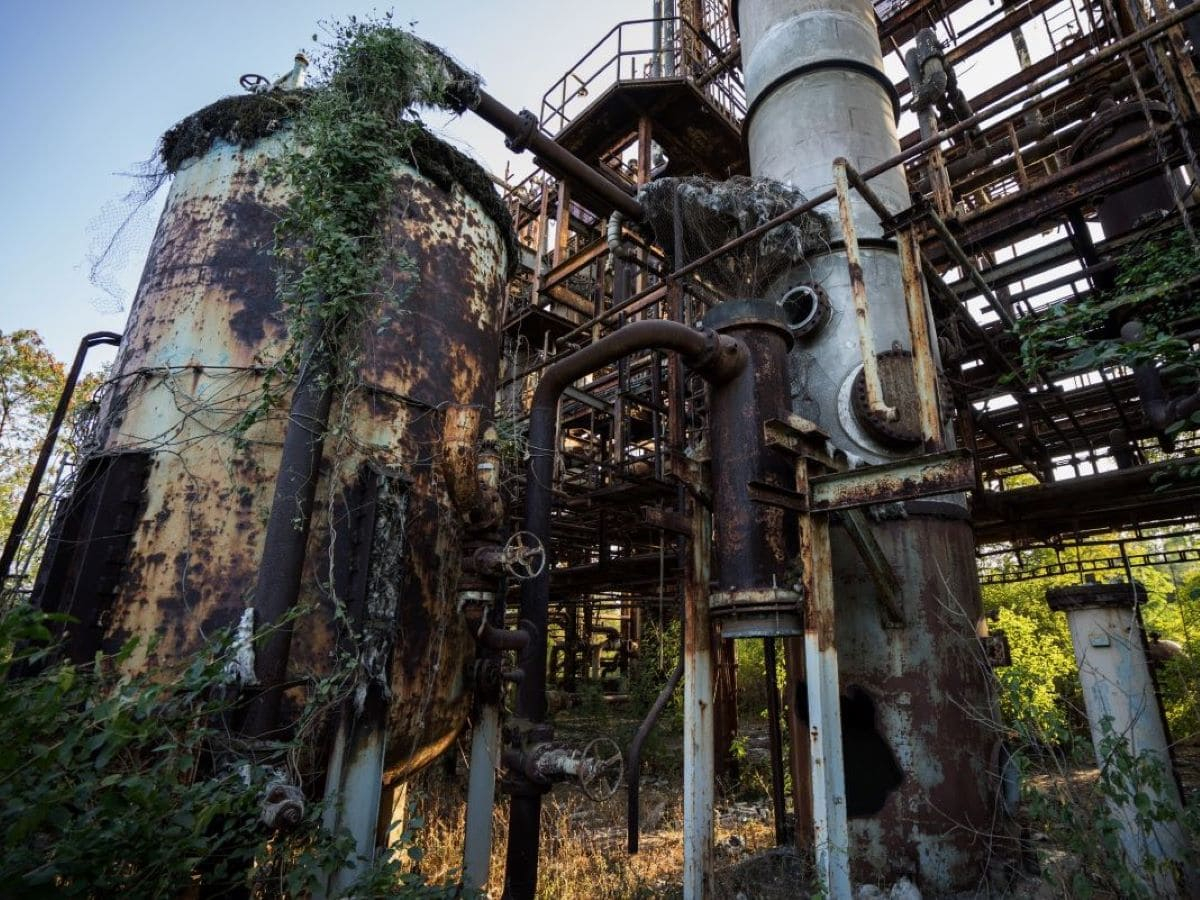
India: Environmental
Racism Enabled Forty Years of Injustice for Survivors of Bhopal Gas
Tragedy
December 2, 2024
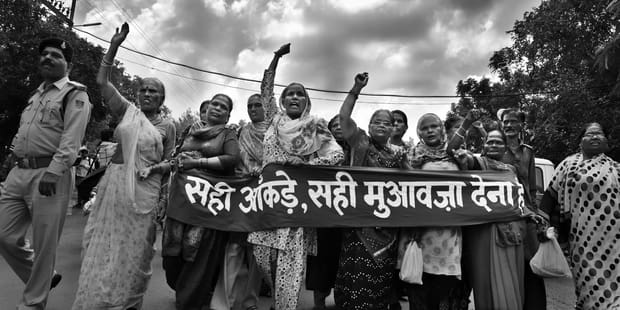
(Amnesty International © Raghu Rai /
Magnum Photos)
For the past four decades, a woefully
inadequate and callous response towards the victims and survivors of
the Bhopal gas tragedy have been enabled by environmental racism,
Amnesty International said today on the 40th anniversary of one of
the world’s worst industrial disasters.
Forty years ago, a deadly gas leak
from a pesticide plant in the city of Bhopal in India killed at least
22,000 people. Since then, Bhopal has been a ‘sacrifice zone’ for
the U.S.-based chemical company Union Carbide Corporation (UCC), and
its later owner the Dow Chemical Company (Dow), as well as the U.S.
and Indian authorities, in which half a million people across
multiple generations continue to suffer.
“Little has changed in the past
forty years. Unequal power dynamics have ensured that justice is
denied to the victims, who predominantly belonged to low-income,
marginalized and minority communities. Meanwhile, those responsible,
especially giant U.S.-based companies, shamefully continue to evade
their clear human rights responsibilities. The Indian and U.S.
authorities’ failure to hold to account all those responsible for
this outrageous crime of corporate negligence is a travesty,” said
Mark Dummett, Amnesty International’s Head of Business and Human
Rights. “The survivor groups and their supporters continue to put
up a truly inspirational fight for justice through legal actions,
scientific research, and medical assistance in the absence of
sufficient state and corporate support. Their story of grit and
resilience is one to learn from, honor and remember on this
anniversary.”
A ‘sacrifice
zone’
Thousands of tons of toxic waste
remain buried in and around the abandoned plant to this day leading
to ongoing and expanding water pollution. This is clearly indicative
of the area being a
‘sacrifice zone’opens in a new tab – an area so
severely polluted or contaminated that it has demonstrable and
devastating consequences on the health of local inhabitants.
Dow, one of the world’s largest
chemical companies, in 2001 purchased UCC, the US-based company that
had majority-owned the Bhopal plant at the time of the 1984 disaster.
Dow took full control of UCC’s assets and benefits, and thereby, it
should have also absorbed its liabilities. Instead, Dow has
constantly distanced itself from any responsibility towards
survivors.
In 1989, UCC made a wholly unfair and
inadequate compensation settlement with the Government of India,
which was agreed to without consulting the Bhopal survivors.
Moreover, lobbying and pressure from
the US government has ensured that American nationals and companies
responsible for the disaster have escaped criminal justice.
Entrenched
‘environmental racism’
Earlier this year, Amnesty
International released Bhopal
40 Years of Injusticeopens in a new tab,
a report documenting how entrenched environmental racism, through
systemic and intergenerational discrimination, has enabled the lack
of accountability of both state and corporate actors and the failure
to ensure a comprehensive reparations program. Responses from
the companies are available in the annex
of the reportopens in a new tab.
The report identifies environmental
racism as numerous interconnected human rights violations which
include the adverse impacts of environmental degradation on the
rights to life, health, an adequate standard of living, education and
other substantive rights, the encroachment on the right to a clean,
healthy and sustainable environment, and the violation of the right
to freedom from discrimination.
The indifference and disdain with
which the survivors and their descendants have been treated ever
since the gas leak, the lack of proper and effective accountability
of both state and corporate actors for both the gas leak and ongoing
contamination, and the failure to ensure a reparations program that
adequately addresses all past and ongoing harms have been enabled by
entrenched environmental racism.
Therefore, Amnesty
International has asked shareholders to end their relationship with
Dowopens in a new tab and consider withdrawing their
investment from the chemicals company if it fails to take meaningful
and rapid action to address the suffering through adequately
compensation for all survivors and contamination assessment and
clean-up.
Amnesty International also calls on
the Indian government to continue to seek legal remedy from Dow on
behalf of the victims and make up for any shortfall for those still
suffering, or wrongly denied redress.
“Forty years on from the
Bhopal Gas Tragedy the very least the survivors and their families
deserve is justice. However, Dow continues to read from the same
tired corporate playbook. No amount of denial of responsibility will
ever erase the horror of the tragedy that took place in Bhopal and
only prolongs the suffering of the survivors and hinders
reparations,” said Mark Dummett.
Background
At about midnight on December 2, 1984,
a leak of about 40 tons of lethal Methyl Isocyanate gas (MIC) from
the pesticide plant in Bhopal, then owned by US-based Union Carbide
Corporation, quickly killed thousands of people living in informal
housing around the plant. It is estimated that more than 22,000
people have died prematurely as a direct result of exposure to the
gas, with deaths continuing to occur.
More than 500,000 were injured or have
suffered permanent harms, including through the inter-generational
impact of MIC exposure on reproductive health, and through water
sources contaminated by chemicals left on the site.
Amnesty International also released
reports marking the 20thopens
in a new tab and 30thopens
in a new tab anniversaries of the Bhopal disaster.
Contact: media@aiusa.org
Zie ook: ‘De gezondheid van gekleurde mensen in de VS wordt opgeofferd voor de winsten van grote bedrijven: Sacrifice Zones……‘ (5 april 2021) En zie de berichten onder de links in die blogpost!!
‘LG fabriek in India lekte een dodelijk gas: 12 doden en een groot aantal zieken: ‘corruptie in werking……’‘ (1 juni 2020)
‘Bhopal giframp, 33 jaar later is de ellende nog groot………‘ (3 december 2017)
‘Bhopal giframp 3 december 1984‘ (3 december 2016)
‘EU heeft nieuw neonicotinoïden gif toegestaan op de markt!!!!‘ (30 oktober 2015)
‘Bhopal, 30 jaar ellende, er is geen barst veranderd…….‘ (3 december 2014)
‘Bhopal 3 december 1984‘ (3 december 2012)
De volgende documentaire van 53 minuten is van de BBC en is zowaar niet verwijderd in opdracht van deze staatsomroep: One Night in Bhopal 2004 TVRip d0x:
———————————————–
Voor meer berichten over landbouwgif en pesticiden klik op het betreffende label, direct onder dit bericht.
———————————————-
Let
op!!
De ruimte om reacties weer te geven werkt niet altijd. Als je
commentaar hebt en het lukt niet op de normale manier, doe dit dan
via het mailadres trippleu@gmail.com, ik zal deze dan opnemen
onderaan in het bewuste artikel, althans als je geen geweld predikt,
voorts plaats ik jouw reactie ook al staat deze diametraal tegenover
dat bericht. Alvast mijn dank voor jouw eventuele reactie, Willem.

